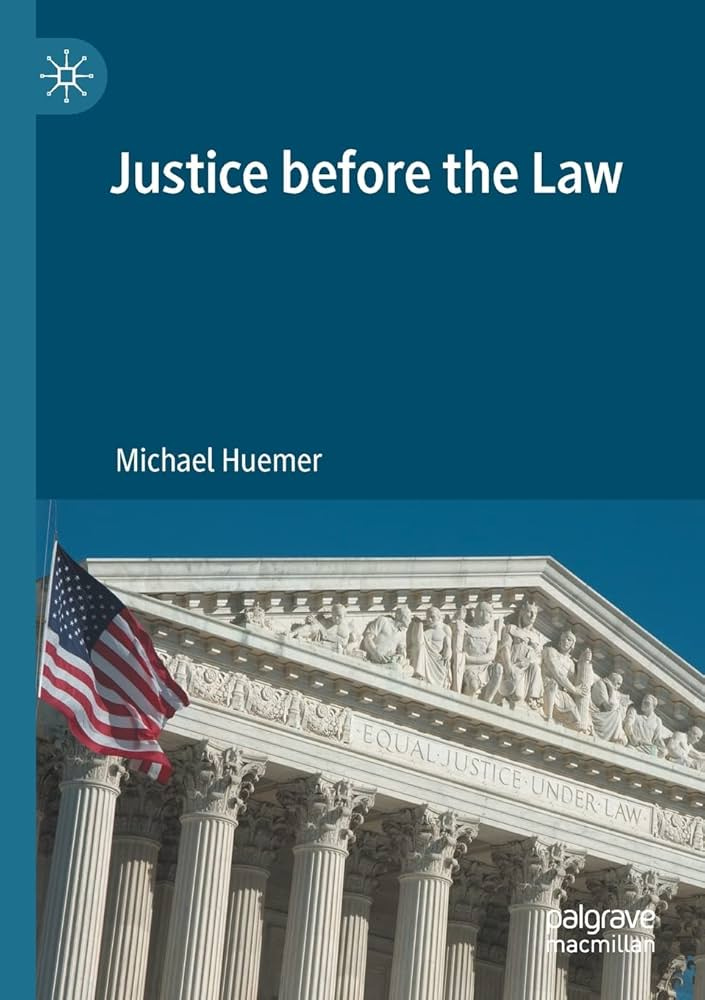Here are six theses on extremely unjust laws that I dare you to dispute:
1. Extremely unjust laws are conceivable.
2. Extremely unjust laws exist.
3. It is morally permissible to break an extremely unjust law.
4. It is morally permissible to evade punishment for breaking an extremely unjust law.
5. It is morally impermissible to enforce an extremely unjust law.
6. It is morally permissible to punish a person for enforcing an extremely unjust law.
The laws underlying slavery or the Holocaust are obvious examples of extremely unjust laws. To dispute my six theses in any fundamental way, you have deny them for these notorious cases. To reject #4, for example, commits you to the view that it was morally impermissible for slaves to hide from runaway slave patrols. To deny #6, similarly, commits you to the view that the Nuremberg Trials were morally impermissible.
Why bring this up now? Because Obama’s semi-amnesty predictably provoked the complaint that his action violates the “rule of law.” Yet if you accept my six theses, any discussion about the rule of law is premature. The first question on the agenda has to be the justice of the laws Obama has decided to undercut. If we’re going to argue about his decision, this is what we should be arguing about.
My position on the justice of immigration laws, not coincidentally, is already on the record.
The post appeared first on Econlib.





I have a quibble with #5 where the person is someone who took an oath to "faithfully execute" the office of president and "preserve, protect, and defend" the Constitution. It seems weird to me that there would be an implied "but I get to unilaterally decide which laws I will enforce based on my view of whether or not they are extremely unjust" in those promises. So while I accept your list with respect to people who haven't - in exchange for considerable power - agreed to be bound by a Constitution that doesn't give the president or his appointees the power to unilaterally decide to disregard laws, for those who have, it seems to me there's something missing from your formulation. Which means that people who don't want to enforce laws they view as extremely unjust shouldn't seek or hold offices that require them to swear such oaths but instead dedicate themselves to getting rid of the extremely unjust laws by persuading enough people of the unjustness that the laws are repealed.
If only everyone agreed with you on the meaning of extremely unjust laws.